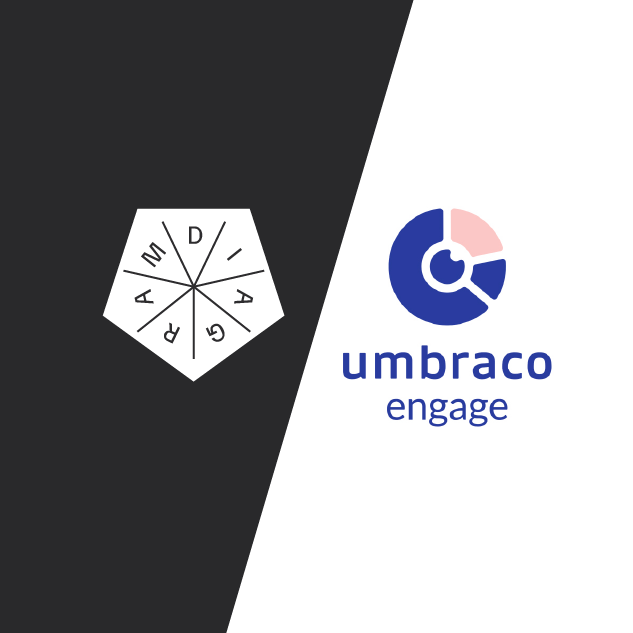Selling in an Inbound World
Allison Casey Digital Marketing Director, Partner#Digital Marketing, #Inbound Marketing

As you plan your 2016 marketing budget, this is a great time to look at how your sales process relates to your inbound marketing strategy.
As many of us start to gear up for 2016 budgeting season, the bottom line numbers loom ever larger in our day to day thoughts. Evaluating the current marketing programs, determining the success of sales initiatives, measuring ROI, and re-evaluating SMART goals all come into play.
If you’ve launched an inbound marketing program this year, you’ve gone through a lot of changes, whether it be a complete website redesign, creating more content than you thought possible, or even simply adding calls to action (CTAs) and landing pages on your website that didn’t exist before. Hopefully, these efforts have paid off with more traffic, better qualified leads, and a strong foundation of quality content on your site to help with any future Google algorithm changes.
But ultimately, the question that you need to answer to justify the changes is “Did going Inbound make the company more money?” And to answer that, we have to examine not just what marketing did to generate more qualified leads, but how your salespeople adjusted their processes for the different types of leads they were given this year.
Wait, What? Our Sales Process Needed To Change?
The advent of search and social media means that sales is now more about research and careful customization. Educated buyers have changed the sales process, whether we like it or not. In fact, a recent study by Acuity Group showed that 94 percent of business buyers do some form of online research.
This means that when a lead comes in, any communication by your sales team has to take into account that that person has already visited your site, looking at your content, and most likely your competitors’ sites as well. Of course, a marketing automation platform and CRM like HubSpot can give you the details as to what pages on your site that lead has viewed, when they viewed them and for how long, and whether they’ve engaged with any social media efforts. This is all great information to have before sending out a follow-up email or picking up the phone.
Don’t Pitch, Provide Value
The value of having insight into what pages a lead has viewed and the content they have downloaded cannot be understated. In the Inbound world, successful sales people are no longer “pitching,” but providing value in their conversations with prospects.
One of the most important changes a sales team can make is to revamp their follow-up emails and phone scripts based on these insights. Referencing what information a lead downloaded and providing one or two ideas or follow-up questions specific to them is a great way to personalize the message. This type of follow-up has a much better chance of getting noticed by your prospect and getting a response.
Change Doesn’t Have to Be Hard
Revamping a sales process can seem daunting, but it doesn’t need to be overwhelming. The first step is to make sure that everyone understands the “what and why” of inbound. We recommend that whenever possible, sales people get Inbound certified. This is a free certification from HubSpot and a hugely valuable resource when educating your team.
Next, start by changing up a few email templates and scripts. The initial follow-up call script or email is a great place to start. Make sure that your salespeople have links to relevant content and have the templates organized and easily accessible.
Finally, make sure they have the tools they need to make this change easy – whether you are using HubSpot’s free CRM or a different CRM solution, the easier you can make this process, the more likely you are to get everyone onboard to follow the process.
Are you looking to implement or refine your inbound strategy? Do you want to know more about how to use inbound marketing to bring success to your digital strategy? Please contact us to speak to an inbound expert, or feel free to share any questions you might have in the comments below.
Related Posts

Announcing Our Partnership with uMarketingSuite to Elevate Marketing Analytics and Personalization
We are excited to announce our partnership with uMarketingSuite to elevate marketing analytics and personalization.

Why Choose a CMS?
We look at the advantages that a Content Management System (CMS) can bring to your digital and content marketing strategy.
Results Matter.
We design creative digital solutions that grow your business, strengthen your brand and engage your audience. Our team blends creativity with insights, analytics and technology to deliver beauty, function, accessibility and most of all, ROI. Do you have a project you want to discuss?
Like what you read?
Subscribe to our blog "Diagram Views" for the latest trends in web design, inbound marketing and mobile strategy.
